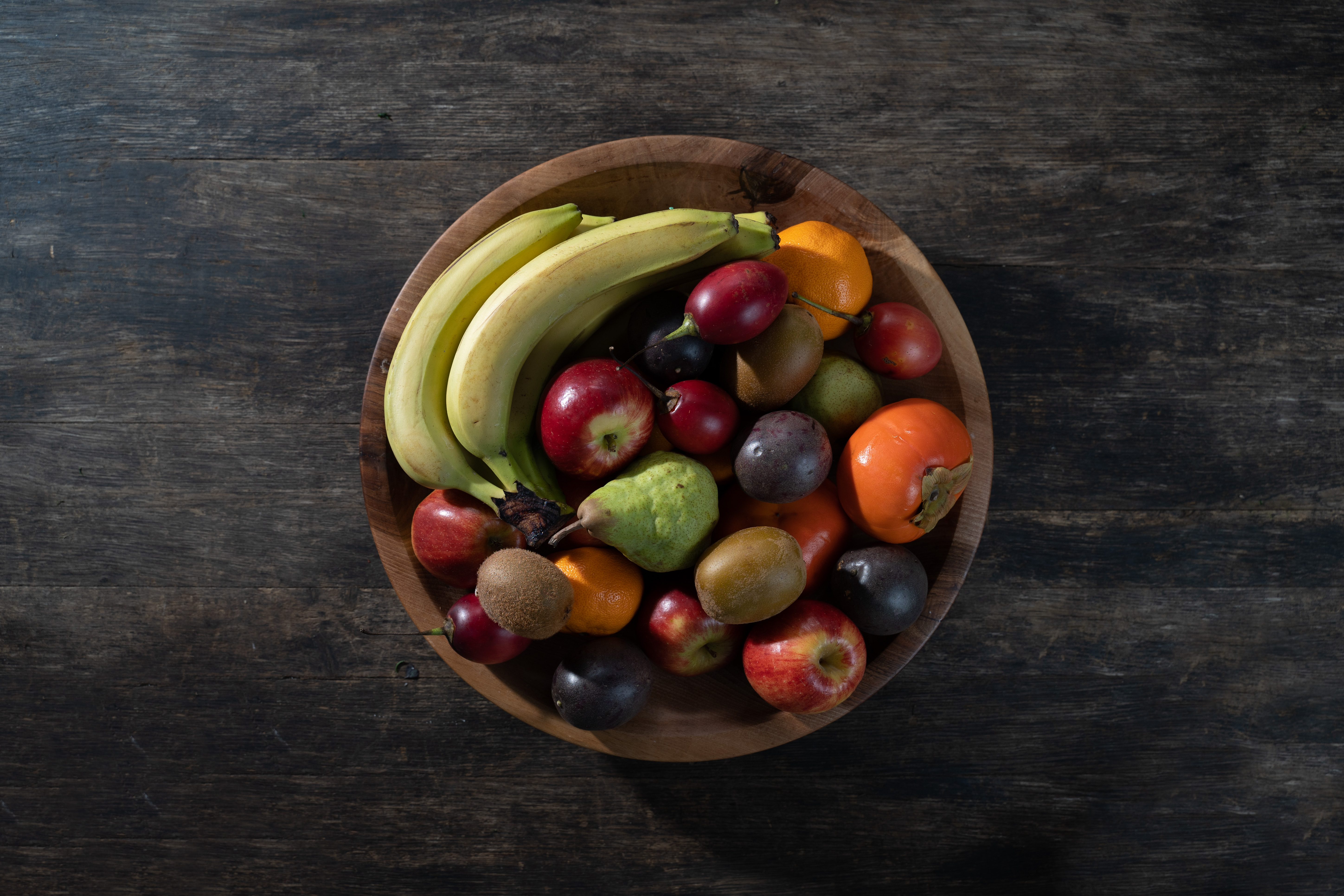After more than 10 years together, Tom's wife has picked up a trick or two in the kitchen. In this month's blog, we share some of the ways you can put those pros prep skills to use at home so that you hone your inner Masterchef.
When you live with a chef who will cook for you at home, life is sweet.
On the rare occasion that I do whip up dinner, it ends up taking me way longer (I still can’t chop with super speed). And, the results are pretty different, I do a pretty solid job as an amateur. That said, after more than 10 years together, I’ve picked up a few tricks from Tom. I’m delighted to share them with you, so that you hone your inner Masterchef.
1. The claw
This is the most important tip, which is why I’m sharing it first. Master this tip and you’ll never cut off the tip of your finger. Safety first!
Why?
With your fingers in this position, you run much less risk of a serious injury than if you were holding the food with the pads of your fingers. If the knife slips while you’re in this position, it will only hit against your hard fingernails. Even if it does knick the skin, the injury will be far less severe.
How?
- Curl all the fingers and the thumb of your non-knife hand like you’re imitating an angry bear. (Roar!)
- Keep this shape and go to your cutting board. Rest the tips of your fingers on top of whatever you’re about to cut. Your fingertips should be perpendicular to the surface of the food, with your fingernails acting like a shield.
- Your thumb should be perpendicular to the food as well, but on the side. The thumb also helps keep the food stable while you’re cutting.
Hone your skills
This is a great video that takes these tips even further. Wield your knife like a pro:
2. Always read the recipe first
I can’t tell you the number of times I’ve made this mistake!
For Green Dinner Table meals, it’s less tricky because they are so easy and you have everything you need.
Reading a recipe through can also help you prep your kitchen space appropriately. Choose the right pots and pans or bowl to use for each step. It can also give you a sense of calm and control knowing what’s coming up.
3. Sharpen your knife
Just like your other tools around the house, you need to take care of your knife. A clean, sharp knife is much safer to handle than a dull one. Even if it’s a big chef knife!
On that note, chef knives are a wonderful tool for your kitchen and make cooking so much easier than trying to tackle big jobs with a small serrated knife or paring knife (yes, guilty! I did that until Tom came into my life and equipped me with a perfectly sized vegetable knife).
Learn how to care for your knives by following these two methods:
- Honing: A honing steel basically pushes the edge of the knife back to the center and straightens it. It corrects the edge without shaving off much, if any, of the blade’s material.
Honing doesn’t actually sharpen the knife, but if done properly, the knife will seem sharper because the blade is now in the proper position. Honing should be done often — some even hone before each use.
- Sharpening: Sharpening, on the other hand, is a process where bits of the blade are ground and shaved off to produce a new, sharp edge.
It can be done using a water stone. Sharpening can be done less frequently than honing — just a few times a year, depending on how much use the knife gets.
Tom does all the maintenance on our knives, but if you don’t have a chef at home, watch this video to learn how
4. Taste and season as you go
It’s not enough to sprinkle a bit of salt on your dish at the end. You need to infuse your dish with flavour throughout the cooking process. If you’re a regular Green Dinner Table customer, you’ll notice that we ask you to taste and season a few times while cooking a dish.
Here are some key taste and season moments:
- Boiling water is salted
- Sautéed vegetables are seasoned while cooking
- Roasted vegetables is sprinkled with salt and pepper, as well as drizzled with oil, before cooking
- Dishes are finished with a final seasoning to taste.
Tasting along the way can also help you build up the flavour slowly, so that you don’t overdress your dish with sauce. This method can help you achieve your desired heat when adding a spicy sauce or seasoning.
5. Learn how to cut certain foods
I always learn a few new tricks from Tom about the best way to cut a particular fruit or vegetable, but if you nail a few key ones, it will greatly reduce your prep time and give you more even sized pieces to cook with (which translates into more consistent cooking and a better end result).
Watch these videos and practice, practice, practice!
Peel and mince garlic like a pro
Three ways to chop an onion
Avocado
Be careful with that stone!!
Also, how cute are those ladies!
Mango
6. Final tip – Have a glass of wine on hand
Finally, if you are so inclined, have a glass of wine on hand while cooking. You deserve it!



